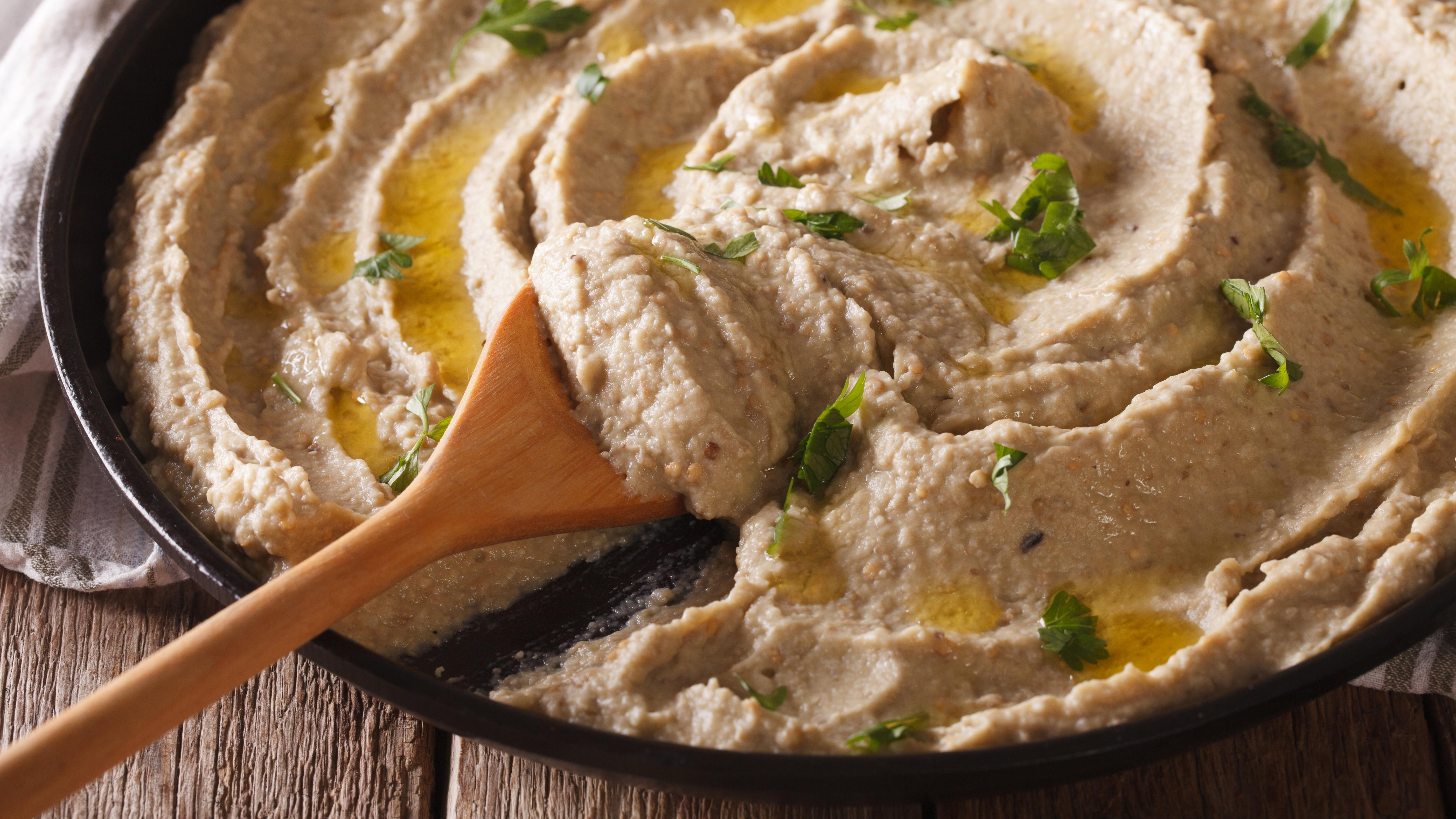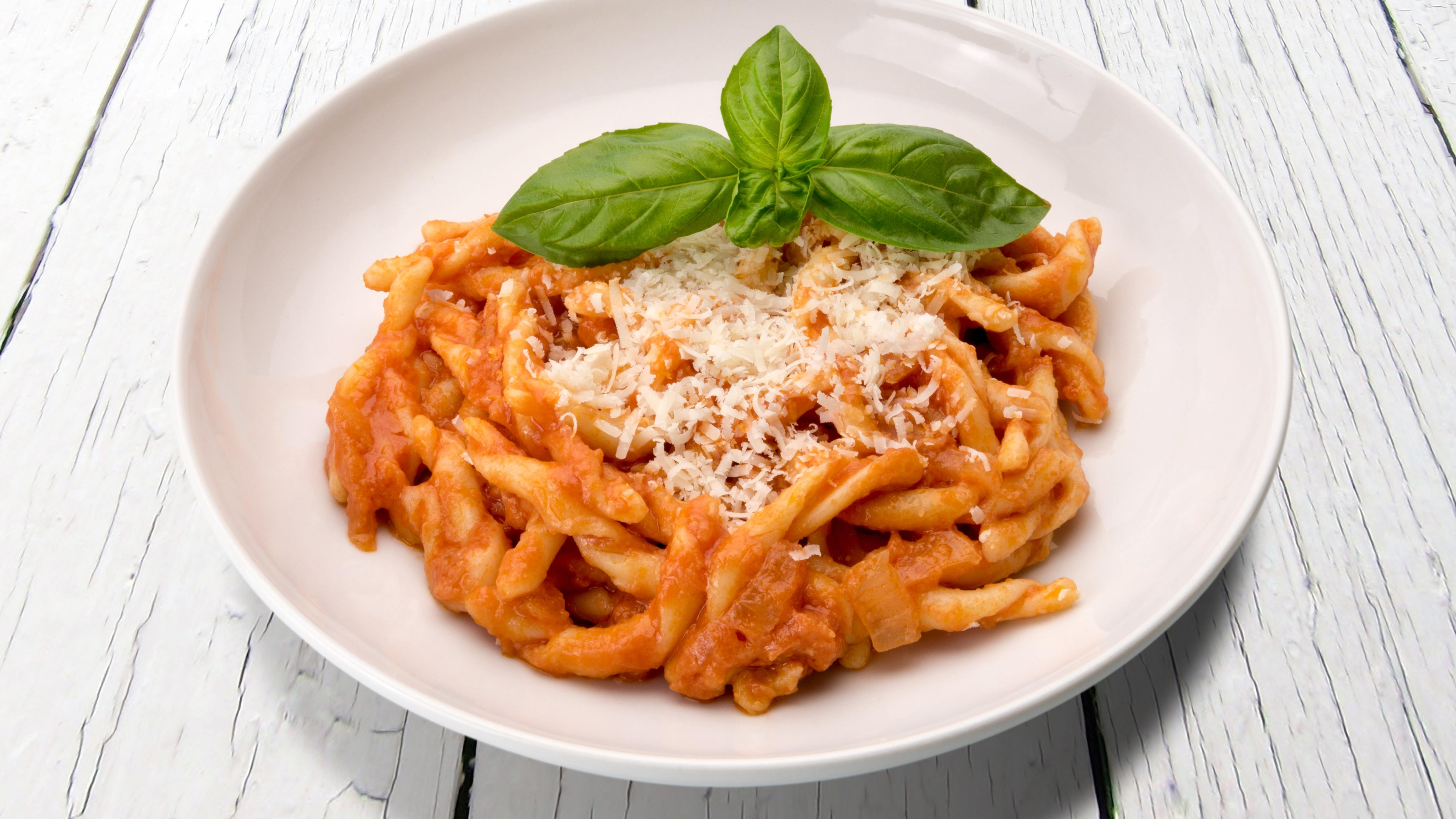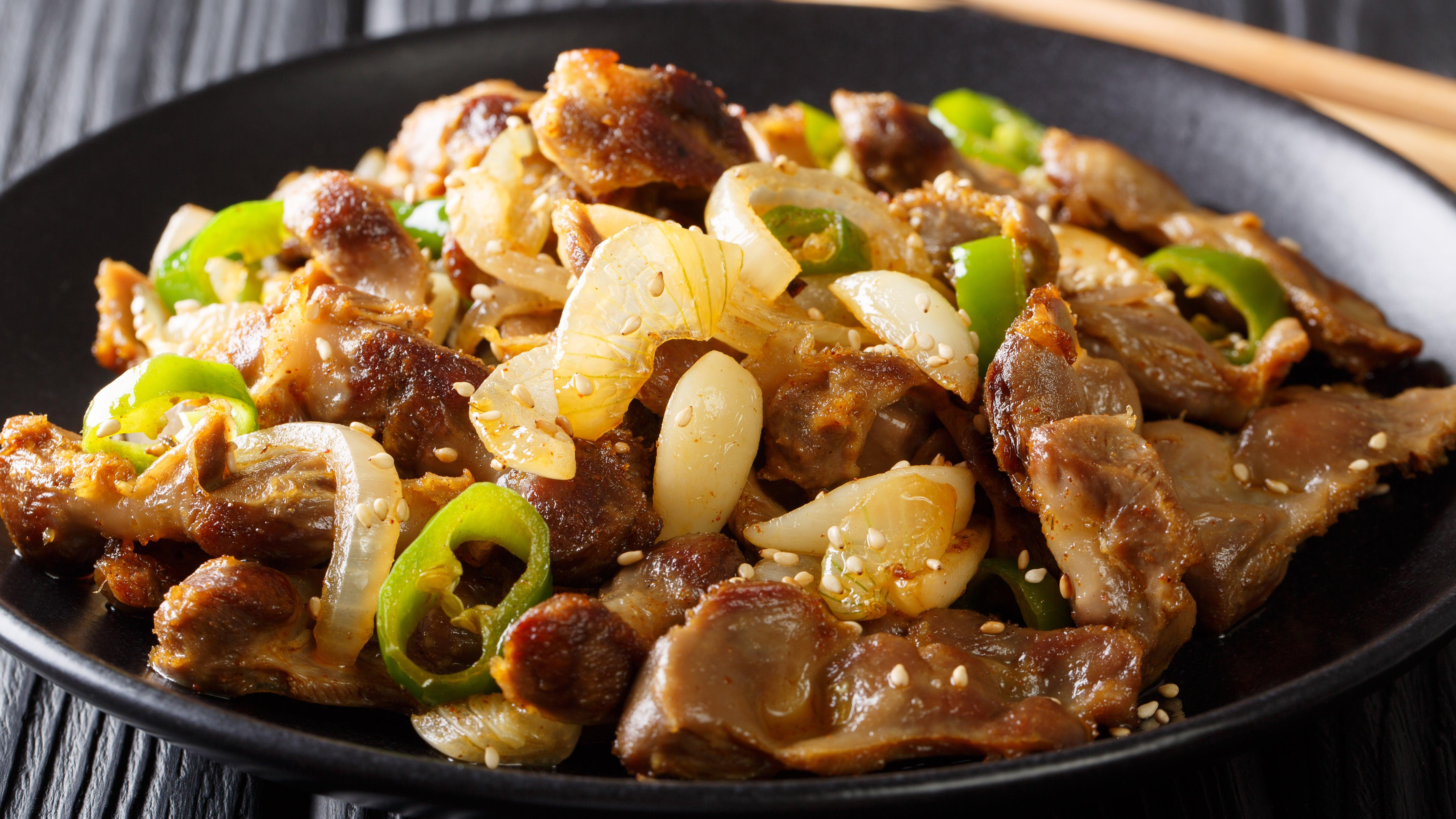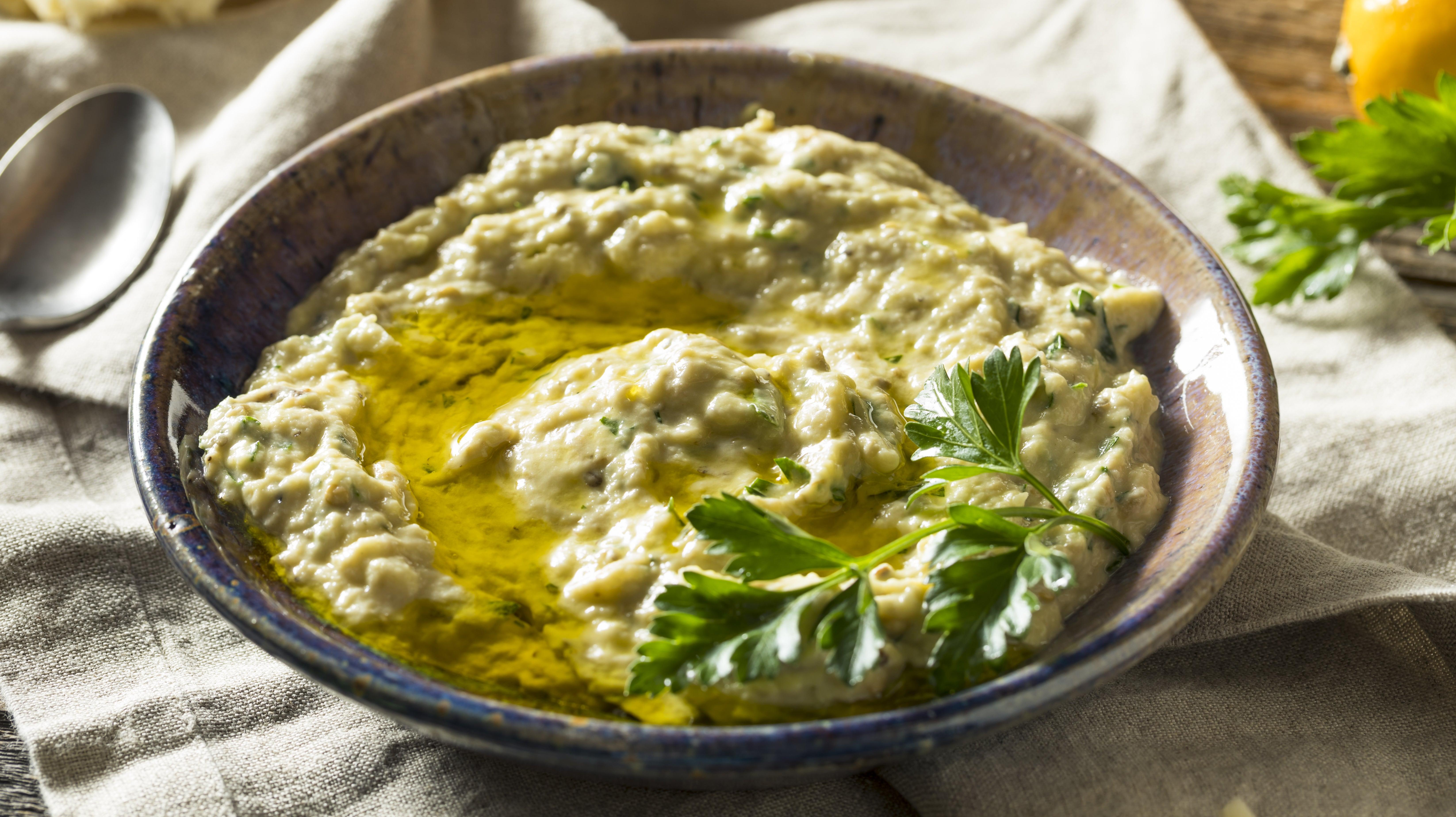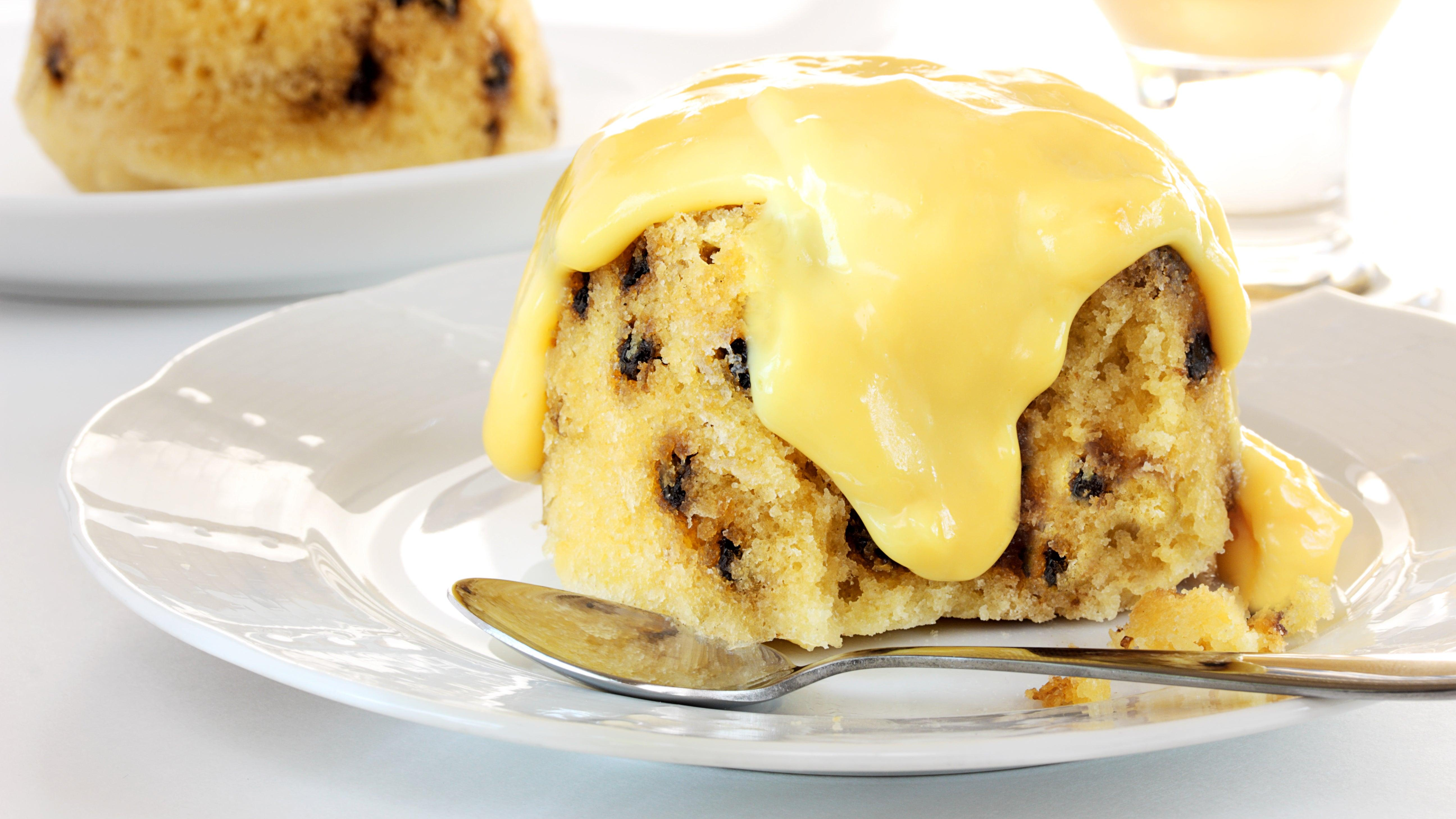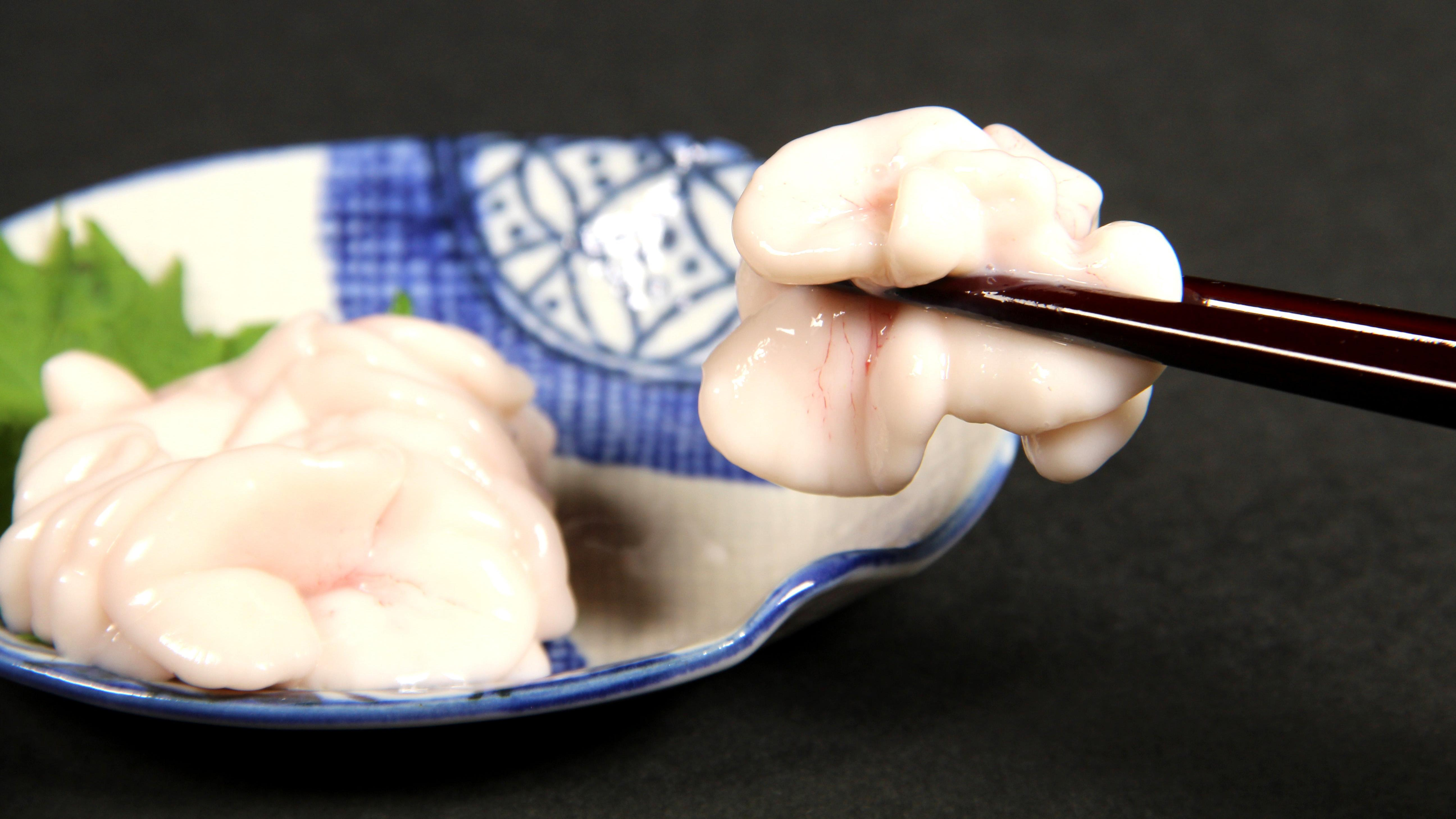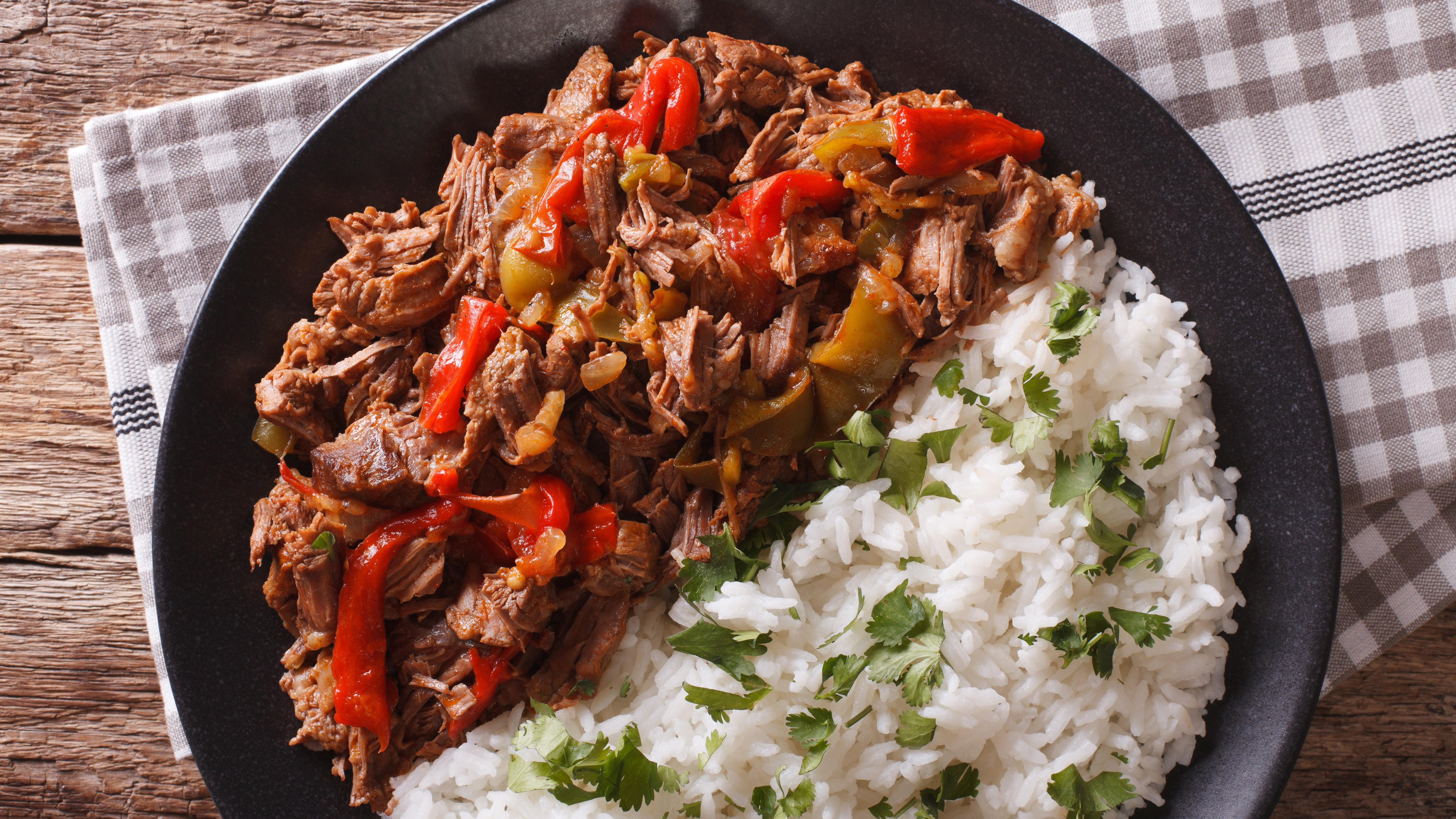7 Food Terms With Unfortunate Translations
Language can be a funny, often unappetizing thing.
Human communication can be a funny thing, and it can get slippery in those moments where the intended meaning is lost in translation. When food is involved, this can mean that the names of certain dishes don't quite translate in the most appetizing way.
What follows is a list of the unfortunate translations I find the most oddly fascinating. These represent a wide array of cuisine, from chicken gizzards to pasta—and if you know of any others, let us know in the comments. I have a feeling there's a whole twisted universe of these translations that I've yet to discover, and the quirks of written language are an endlessly beautiful thing.
Strozzapreti, aka “priest strangler”
We're starting strong out of the gate with this dish from Italy, called strozzapreti. The term, when translated to English, means "priest stranglers." Yikes. The Kitchn explains that the name came from a myth involving a hungry priest who visited a convent and was fed these long cavetelli-like noodles. He scarfed them down so fast that he choked, but a nun gave him a quick whack on the noggin and got that pasta right out. Good times at the convent.
Dak-ttongjip, aka “chicken poo house”
This one will never get old. In Korean, chicken gizzards are called dak-ttongjip. It isn't an unusual dish in and of itself, but the name is vulnerable to mistranslation. While the "ttongjip" part can refer to a large intestine or stomach (which is still weirdly incorrect, since this is a gizzard), if you separate the "ttong" and the "jip," you get a totally different result.
Simply put, "ttong" means "poo" in Korean, and "jip" means "house." So if you put the whole thing together, you get "chicken poo house," which is not only anatomically incorrect but also hilarious. When my mom first told me what chicken gizzards were called, you can probably imagine how I reacted.
There are restaurants in South Korea that specialize in cooking chicken gizzards, and there's an infamous picture (that you can find on Reddit) of a restaurant that's straight up says "Chicken Asshole Restaurant" in English, right on its sign. I'm just grateful that it's not actually chicken assholes; gizzards are pretty good.
Baba ganoush, aka “spoiled old daddy”
When I eat foods from non-English-speaking countries, it's easy for me not to think all that hard about the name of each dish; it is what it is. But it's worth taking a second look at baba ganoush, a Levantine eggplant dip I happily enjoy. The word "baba" means father, and "ganoush" means "coquettish," "pampered," or "flirtatious." Grammarphobia has a little rundown if you'd like to learn more.
Flirtatious daddy dip? Good times. A blog entry from the University of Southern California also suggests that baba ganoush means "my daddy is spoiled." I wonder who the hell this daddy was. Not only was he flirty, spoiled, and pampered, he even got a dish named after him.
Spotted dick, aka... well, spotted dick
This is a bit of a fudge, since spotted dick is a dessert from English-speaking Great Britain. This steamed pudding is one that's wide open to jokes that practically write themselves. No, there's no schlong in the ingredients list, but there are spots dotting its crumb—those are currants or other dried fruit, earning the dessert half its odd name. The origins of the "dick" part are a little murky, however.
The Straight Dope suggests that the "dick" might be a mangling of the word "pudding," which may have inadvertently morphed into "puddick." We all misspell and/or mispronounce things sometimes, so this is a viable explanation. But is spotted dick any good? Thanks to World Market, I'm happy to say yes, it is, or at least I know the premade store-bought version is. So if someone offers you a steaming hot plate of dick with dots, feel free to take them up on it and dig right in.
Shirako, aka “white children”
Shirako is a Japanese dish, and we can dig right into what it is: cod sperm. The sacs that hold the sperm. It's eaten raw or cooked, and somehow the translation is as unexpected as the source of the food—shirako means "white children." I guess in a way it all makes sense, since the sperm sacs are white, and their contents are children (eventually). I've had cod milt in Korean stew before, and it has a fairly delicate flavor to it, but nothing too powerful. I just wish I had known I was eating white children at the time.
Barbe à papa, aka “father’s beard”
The French call cotton candy barbe à papa, which translates to "father's beard" in English. I love cotton candy as much as anyone, but I probably wouldn't be quite so enthusiastic about tearing chunks of candy floss off a stick if I had to picture diving into dad's facial hair every time I took a bite. Mmm... Pop's 'stache. Right off his face.
Ropa vieja, aka “old clothes”
I'm sure plenty of you are familiar with ropa vieja, a shredded beef dish popular in Latin America. And of course, if you've ever tried it then you know it's frickin' delicious. However, non-Spanish speakers might be surprised to learn that the term "ropa vieja" actually means "old clothes." It's used because the long strands of meat fiber look sort of like tattered clothing when they're cooking in the pot. Would you eat old clothes? If they were braised like this, then yes—and happily, I might add.
